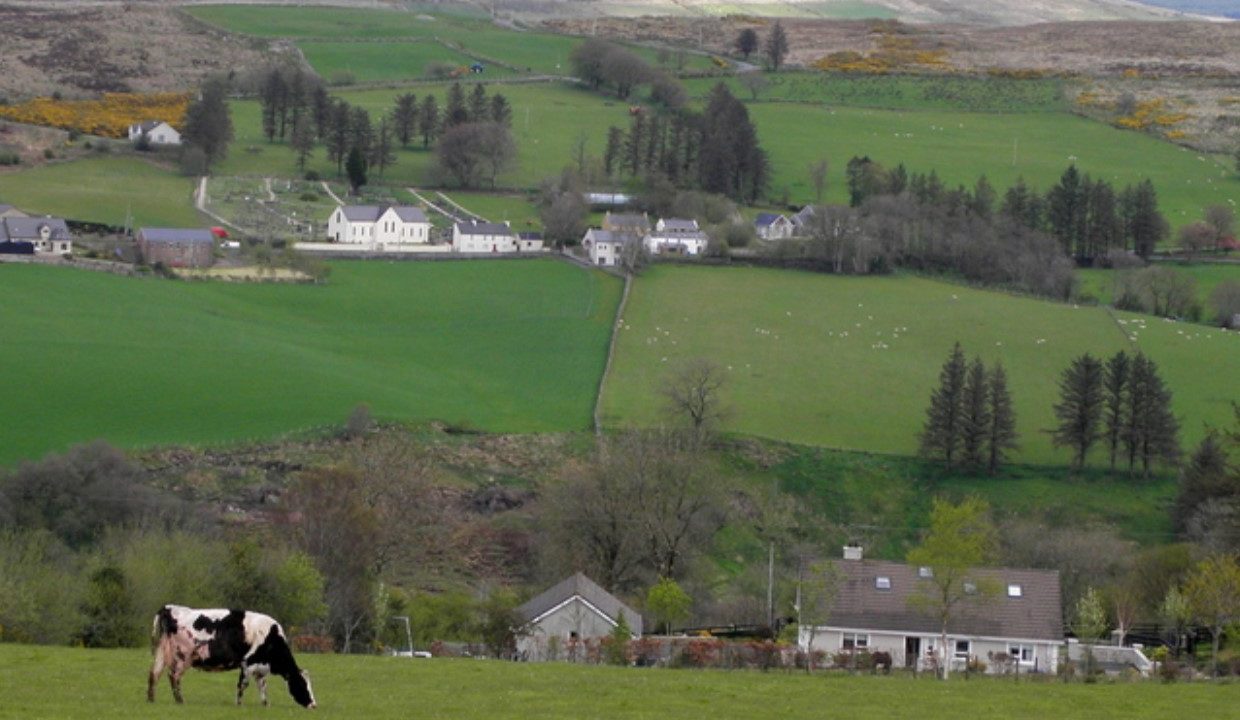An economic letter from the European Central Bank (ECB) has revealed that rural households in Ireland experience a higher than average level of inflation.
The average rate of inflation in December 2021 was 5.7%, however the rate was higher for rural households at 6.3%. The letter outlines that this is down to those living rurally spending a higher proportion of income on heating, energy and transport.
Almost half of the inflation rate for rural homes was due to energy which includes electricity, home heating and personal transport.
This compares to a much smaller percentage for urban dwellers, where the proportion of inflation caused by energy was 2.2% of their 5.4% rate.
In the letter, stark comparisons were drawn. In December, the inflation rate for an urban, non/low driving, high income household with no children was 4.3%. Meanwhile, the rate for a rural, driving, low income house with children was 6.5%.
Speaking to Agriland, the Irish Farmers’ Association (IFA) Farm Business and Credit Chair, Rose Mary McDonagh, said farmers have certainly felt this.
“It’s very concerning that inflation is gone so high and that its impacting on farm households and families,” she said.
“Any rural household, especially the farmers, will use more heat and transport than the urban dweller. You have to be able to put petrol in the car and diesel in the jeep and run the machinery that’s needed to do your farm work.
“We would be higher users of fuel and energy; we have a higher consumption rate and with the carbon tax, we are really feeling the pinch.”
McDonagh also noted that the pressure on these rural households is possibly being exacerbated by remote working trends that emerged throughout the pandemic.
With more people leaving cities to work from home in rural settings, the number of rural households experiencing these high inflation rates may have grown.
Reamonn Lydon, author of the letter, explained that monetary policies such as increased interest rates are unlikely to help the situation as they are a tool typically used to deal with demand issues.
He urged governments looking to alleviate increases in the cost of living to focus on energy spending and consumption, and provide further supports such as the Winter Fuel Allowance to offset costs associated with it.
